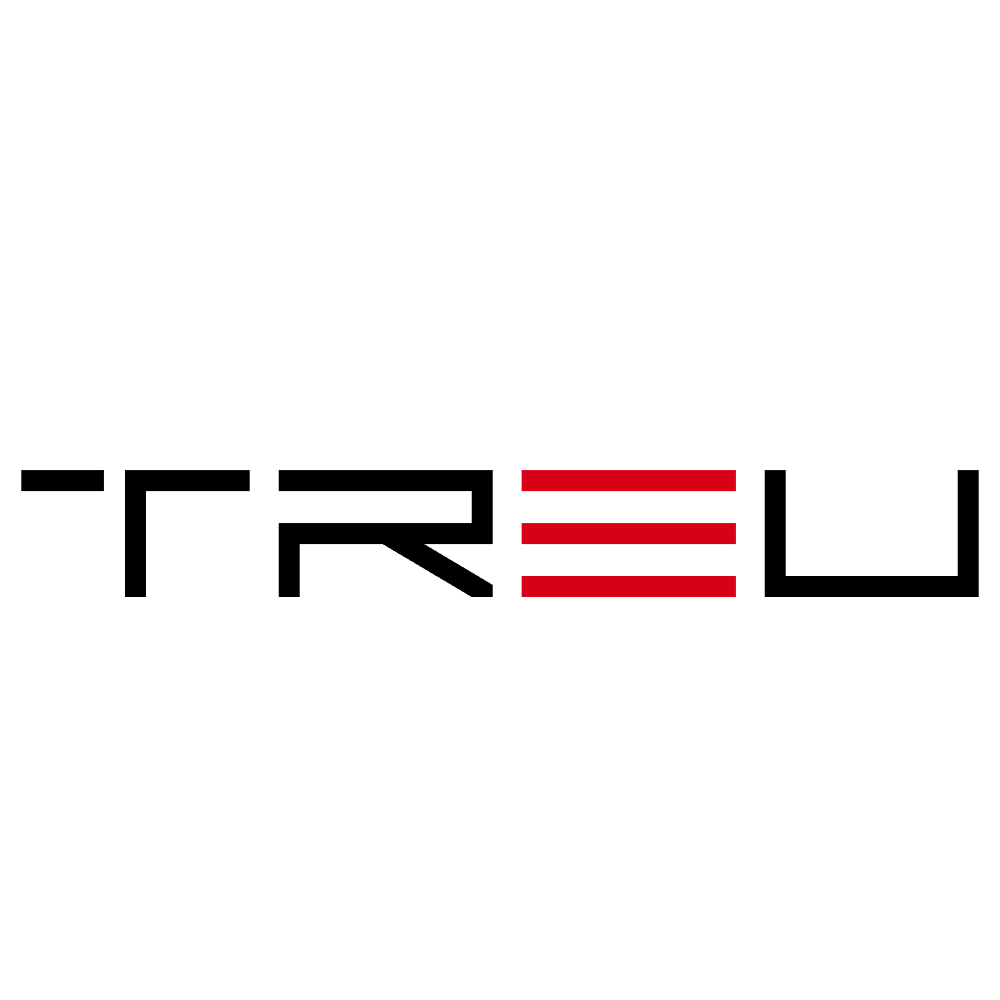Top Smart Home Trends Revolutionizing Living Spaces in 2025
As we stride boldly into 2025, the smart home revolution is reshaping the way we live, connect, and interact with our living spaces. Cutting-edge technology and thoughtful design are merging to create homes that are not only more efficient but also more attuned to our needs and aspirations. In this comprehensive look at the top smart home trends of 2025, we’ll explore how these innovations are revolutionizing modern living, with insights drawn from the forefront of design and tech.
The Rise of AI-Driven Personalization
Artificial Intelligence (AI) continues to be a transformative force in the smart home ecosystem, taking personalization to new heights.
How AI is Tailoring Home Experiences
AI-powered devices and systems in 2025 are more intuitive and proactive than ever before. They use machine learning to understand homeowner habits, becoming integrated with day-to-day routines. For instance, smart home assistants are no longer limited to following basic commands; they anticipate preferences in real-time.
- Lighting systems adjust intensity and warmth based on the mood or time of day.
- AI-driven thermostats learn your schedule and optimize energy use to keep your home comfortable and eco-friendly.
- Smart speakers suggest playlists or podcasts based on your current activities and past preferences.
These advancements enable smart homes to engage with their occupants in a meaningful, personalized way, creating spaces that feel not just efficient, but truly alive.
Health and Wellness Tech: Your Home as a Wellness Haven
The pandemic years accelerated interest in home wellness, and 2025 sees this trend reaching its full potential. Today’s smart homes are not only a place to live but an ecosystem that supports physical and mental health.
Key Wellness-Focused Technologies
- Air Quality Monitors: Homeowners are prioritizing systems that actively measure and improve indoor air quality, reducing allergens, pollutants, and viruses.
- Circadian Lighting Systems: Smart lighting mimics natural daylight, supporting better sleep cycles and overall well-being.
- Hydration Tracking Appliances: Innovative kitchen gadgets, like water dispensers with built-in hydration tracking, ensure you stay properly hydrated throughout the day.
Wellness-focused upgrades now extend to smart beds and meditation spaces, which integrate seamlessly into the home ecosystem, offering features like guided breathing exercises and sleep-tracking capabilities.
Sustainability: Eco-Conscious Living Goes High Tech
With sustainability at the forefront of global concerns, smart home technologies in 2025 are making it easier than ever to reduce your home’s environmental footprint while saving money in the process.
Smart Systems for a Greener Future
Efficient energy management is a cornerstone. Advanced solar panel systems, integrated with AI energy analyzers, allow homes to optimize electricity use by switching to renewable sources when possible.
Other notable innovations include:
- Smart Water Management: Leak detection sensors, automated sprinklers that respond to weather changes, and gray water recycling systems.
- Energy-Efficient Appliances: Refrigerators, dishwashers, and other appliances now communicate with the grid to reduce electricity usage during peak times.
- Electric Vehicle Integration: Charging stations in homes are smarter, faster, and seamlessly integrated with solar grids for zero-emission solutions.
The marriage of sustainability and smart home technology is transforming residences into eco-conscious powerhouses while promoting seamless, guilt-free living.
The Evolution of Home Security
Smart home security has evolved far beyond doorbell cameras and basic sensors. In 2025, advanced technologies are redefining the standard for how we protect our families and properties.
State-of-the-Art Security Features
Biometric access and facial recognition are now mainstream, providing unmatched accuracy and eliminating the need for traditional keys.
Other security trends include:
- Real-Time Threat Assessment: AI-powered cameras monitor for suspicious behavior proactively and alert homeowners or authorities instantly.
- Smart Window Sensors: These notify owners of open windows and provide weather-related warnings in case of sudden storms.
- Remote Monitoring: Enhanced with high-definition video and AI analysis, homeowners can control their security systems from anywhere in the world.
Coupled with integration across devices, these systems offer a truly holistic approach to security.
Voice and Gesture-Controlled Interfaces: Intuitive Living Spaces
The days of fiddly remotes or multiple apps are fading fast. In 2025, voice and gesture-controlled interfaces dominate the smart home scene, creating a more natural way of interacting with living spaces.
Voice commands are becoming more sophisticated, allowing homeowners to control entire ecosystems with a single phrase. Additionally, gesture recognition adds another layer of convenience:
- Wave your hand to dim the lights or close the curtains.
- Point at your thermostat to adjust the settings intuitively.
- Clap or snap fingers to start connected appliances like the coffee maker or television.
These touch-free interactions not only add convenience but also cater to accessibility, empowering individuals with disabilities to enjoy greater independence.
Kitchen of the Future: Connected and Smarter Than Ever
The heart of the home is evolving at a rapid pace. Connected kitchen technologies are creating smarter, more adaptable cooking and dining experiences in 2025.
Emerging Features in Culinary Tech
- AI-Powered Recipes: Smart ovens and fridges offer personalized recipes based on your dietary needs, available ingredients, and meal history.
- Food Freshness Sensors: Built-in sensors in refrigerators track the freshness of produce and prompt reminders to use them before they spoil.
- Voice-Activated Appliances: Control everything from your oven temperature to your coffee machine without lifting a finger.
These innovations let homeowners experiment with new cuisines, eat healthier meals, and reduce food waste—all while making cooking easier.
Looking to the Future: Homes That Think for Themselves
The overarching trend for smart homes in 2025 is simple yet revolutionary: automation is becoming proactive. Homes are evolving into thinking entities—connected systems that act without prompting based on learned experiences and environmental data.
From predictive power management to inter-home networking where devices communicate with each other for synchronized efficiency, the vision of a fully autonomous smart home is already unfolding.
Final Thoughts
The transformations taking place across the smart home industry in 2025 are nothing short of extraordinary. Homes are now dynamic ecosystems powered by personalization, sustainability, intuitive controls, advanced security, and wellness-focused innovations.
The fusion of design and technology isn’t just redefining how we live—it’s elevating our expectations of what a home can be. As these trends continue to evolve, one thing is clear: the future of living spaces is smarter, greener, and more connected than ever.
Is your home ready for the change? Maybe even more importantly, are you ready to embrace the change?

